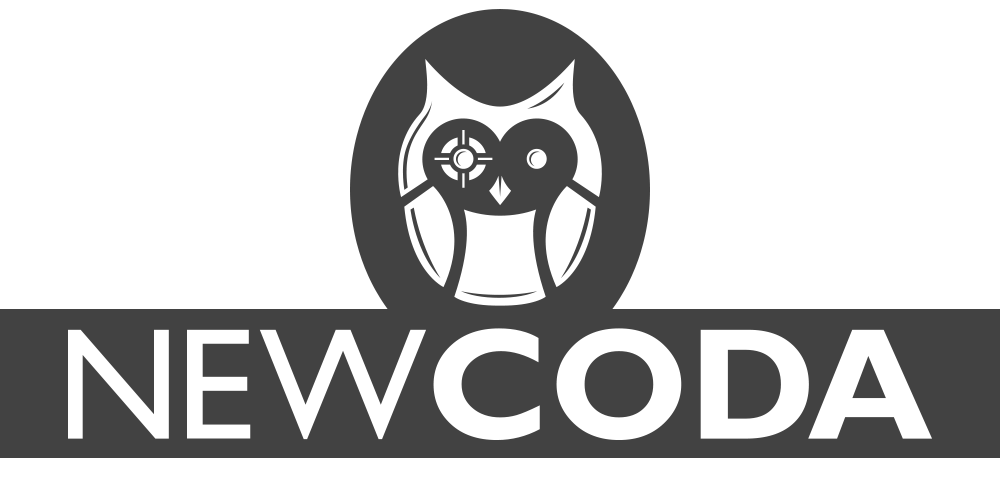CHANGES TO THE ACT: PART I
Perhaps one of the largest ripples to hit the calm waters of the standardized testing industry has been the announcement and, hopefully, the anti-climactic arrival of the new SAT in March of 2016. However, changes are underway at its long-standing counterpart the ACT, one of which we will discuss below.
In September of 2015, the ACT issued its first test with the new essay format (teenagers groan), which, in actuality, is easier than the essay assignment on the current SAT and also easier than the previous version of the ACT essay task. One plague, if so dramatic a term could be used to describe the situation, is the lack of sample essay prompts available, whether online or in print.
Fear not, young ones.
Here is a breakdown of the assignment:
You are presented with a broad issue, and given three relatively distinct perspectives – typically encompassing the issue from all sides (or at least 2 sides). Your task will be to evaluate each perspective, and decide whether you agree or disagree with each, and with which parts of the arguments.
The biggest part of this: YOU NEED TO STATE YOUR OWN OPINION. It’s not enough to just analyze the flaws of the three given arguments, but you want to pick and choose the pieces of each one that support your opinion. Remember, the essay is about your stance, not just those given.
Below please find our first prompt in our ACT essay series. Keep in mind that the essay portion of the test is 40 minutes and hand written, not typed.
PROMPT
Summary Ghost writing is writing for another who is the presumed author. This practice is common among celebrities, politicians, and business leaders. They hire ghost writers to create content for blogs, speeches, and other communications. Sometimes it is clear that the content has been written by a ghost writer, but many times this distinction is not made or even implied.
Many people use ghost writers because they want to get their message out, but do not have the time or talent to write material themselves. Opponents believe that any sort of ghost writing essentially is misleading, while others maintain that as long as the presumed author agrees with the content, it doesn’t matter who actually wrote it.
How do we decide if ghost writing is ethical? Is this an important enough issue to warrant debate?
Perspective One: Public figures can’t be expected to create all the content modern communication requires—social media accounts and websites require constant attention and updating. Anyone who assumes that people like the Pope or the presidents are writing, editing, and posting each and every one of their communications themselves deserves to be mislead. This is an important issue because people should realize the realities of ghost writing.
Perspective Two: Ghost writers may not be hurting anyone, but they are definitely and intentionally misleading people. This is an important issue because truth is already difficult enough to find. Deliberately omitting the source of content leaves out the context, which renders the entire piece untrustworthy. A simple byline, such as “Written on behalf of Dr. X by ABC” would succinctly and sufficiently give context and credibility to the content.
Perspective Three: This is not an important ethical issue. As long as the ghost writer has the approval of the person he or she is writing for, the message then would be the same as though it was directly from the presumed author. In order to maintain their reputations and keep their jobs, ghost writers will accurately portray the ideals of the people they work for.
Essay Task
Write a unified, coherent essay in which you evaluate the multiple perspectives on the ethical problems inherent in ghost writing. In your essay, be sure to
*Analyze and Evaluate the perspectives given
* State and develop your own perspective on the issue
*Explain the relationship between your perspective and those given
Your perspective may be in full agreement with any of the others, in partial agreement, or wholly different. Whatever the case, support your ideas with logical reasoning and detailed, persuasive examples.
SAMPLE ESSAY
With so much content available both in print and on the internet, it is easy to overlook authorship. People now peruse information without considering the source. Knowing who the writers are is not only important, it is critical to a complete understanding of the content. Ghost writing by definition misrepresents the message, and is therefore unethical; demand for media does not validate outsourcing, and ghost writing removes the presumed author from the content without safeguarding against fraud or dishonesty.
The pressure to produce constant, consistent, and relevant content affects even the most humble social media user; the pressure on public figures is more than onerous-- it’s impractical. Ghost writing is the natural result, but damages the presumed author’s credibility by misrepresenting his or her message. When a biography or blog is said to be written by someone but really isn’t, the validity of the writing is corrupted. Everyone, public figures included, should be expected to create the content attributed to them.
Yet the demand for ghost writers remains high. The presumed authors presume to maintain control over the content; however, once the research and writing is removed from presumed author by the mere existence of a ghost writer, the context of and connection to the content are also removed. The expectations of the readers are not met, and worse, readers are mislead. Even if the ghost writer’s work remains true to the message and is approved by the implied author, readers are still under the misapprehension that the content is direct from the author. This misdirection is unethical and can only lead to negative outcomes. For example, if I read a scholarly article published by Harry Freeman, I would expect that it is Mr. Freeman’s own ideas and writing, not his ideas as interpreted by his ghost writer. As a researcher and reader, should I discover that indeed Mr. Freeman did not write the essay in his book, then everything I’ve read by Freeman is now questionable. Worse, if I do not make that discovery, I am ignorantly thinking that all the words in the book are Freeman’s own. Both outcomes are a discredit to the author and reader.
Once this good faith is lost, the relationship between authors and readers will be destroyed, and the utter lack of regulations in the ghost writing field further blights this relationship. There are no formal protections in place to preserve the credibility of authors or shield readers from veiled authorship. A simple byline clearly stating the true authorship could easily address this issue, but the entire industry functions on the honor code, which allows rampant fraud and dishonesty to clamor for the same attention as valid sources. Though full disclosure about ghost writing does exist, it is too far spoiled by widespread unethical practices, making ghost writing an important ethical issue.
The practice of ghost writing automatically removes the presumed author from the content and misguides readers, which itself is unethical. Without regulations to prevent misinformation and protect both authors and readers, an already unethical industry remains wholly ungoverned by the rules of ethics.




